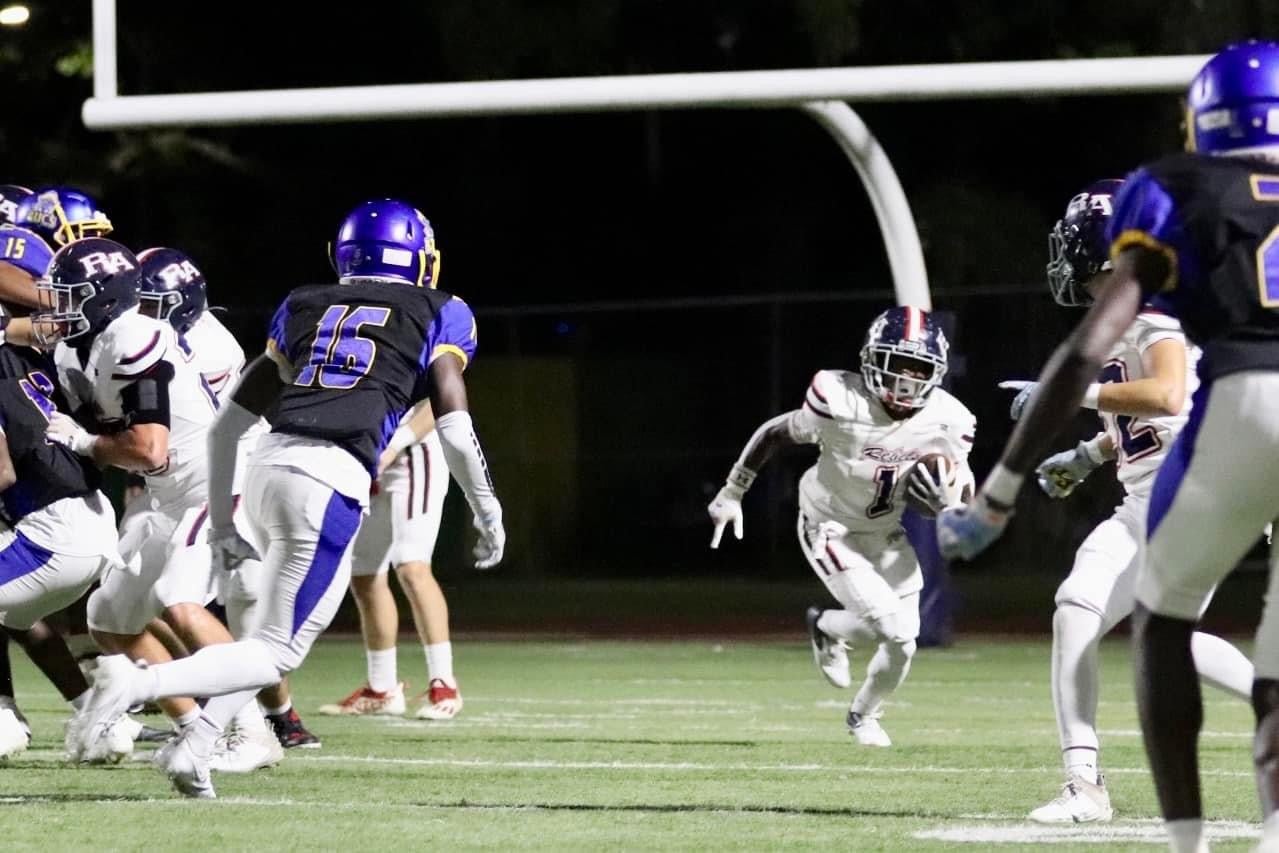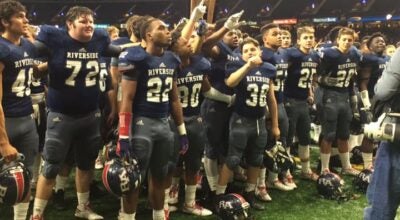Arena: Twitter mob both blessing and curse
Published 11:39 pm Friday, August 15, 2014
The mob is unleashed and its power is real: one, one hundred, one thousand tweets at a time.
Social media has exploded in recent years and it’s yielded a great many benefits for everyone. Old friends can reconnect. Current friends can stay connected in more ways than ever. People with similar interests can find one another in far easier ways than we ever could before. For those old codgers like me who attended high school in the days prior to the Facebook and Twitter explosion, imagine having so much information at your back. No more passing out party fliers for us (ok, maybe you. I was a bit booksy for that) … just invite 1,000 people via a Facebook event and watch your popularity soar.
But there’s another major effect that this boom has created, one that I’m still evaluating for myself as to how good it really is for our society: it’s given a tremendous, tremendous amount of power and influence to us, the people, as a whole. And over the past few months, in the sports world alone, we’ve seen just how far our voices carry: the Donald Sterling controversy, the Miami Dolphins “Bullygate” scandal and the Ray Rice domestic abuse incident providing three examples of exactly how far our voices can carry.
Is this a good thing?
It CAN be, for sure. The Rice controversy, recently, further exposed the conflict of interest between ESPN and the NFL. The former needs the latter and is, in fact, financially benefiting from its continued success. After Roger Goodell handed down his two-game suspension of Rice, there was understandably a lot of backlash and opinions rained down on both sides, but certainly ESPN’s coverage of the incident seemed very NFL-friendly; Skip Bayless and Colin Cowherd, who more or less play the roles of contrarian “villains” each day, were among the loudest calling Roger Goodell’s punishment “too soft.”
Imagine that. Skip Bayless, for perhaps the first time in his ESPN career, likely got to spout his legitimate thoughts and opinions for once.
But people took to the Twitterverse and their Facebook feeds and blogs like Deadspin took ESPN to task for a seemingly mandated pro-NFL slant. And that has strong effects: the public relations monster that is the NFL/ESPN is seeing its ability to shape public opinion to its will erode more than ever.
For something that hits closer to home, think Bountygate. Many still believe the NFL company line, but so many more people than was ever possible before learned of the holes in the league’s arguments and the contradictory statements it made. That’s possible because each voice can now be heard, can now curry momentum, and can now reach our desktops, laptops and phones without needing to wear the badge of reporter or analyst.
Seems like a major positive to me.
But then I see things like the Tony Stewart incident and the immediate reaction it created …
I do not know what was in Stewart’s mind when his car struck and killed Kevin Ward Jr. during an sprint car event onAug. 9.
It may have been an unfortunate accident. It may have been intentional. The one video that I’ve seen makes neither motivation clear to me.
But what was clear was the overwhelming initial response to the incident was that Stewart murdered Ward. That he did it because Ward was calling him out. That it’s likely he’d be capable of such a thing because Stewart has had well-documented anger issues in the past.
And there lies the slippery slope we find ourselves on when we wield this power. We know bits and pieces of these people, celebrities, pro athletes and many times we feel we can piece together the entire puzzle and do it quickly.
Stewart’s history of anger doesn’t mean he’s a murderer. It also doesn’t mean he isn’t, and law enforcement and perhaps a judge and jury will ultimately decide which is most likely to be true.
But in the court of public opinion? I feel like Stewart is guilty until proven innocent.
Ten years ago, Donald Sterling likely doesn’t lose his team for the comments he made — though, ironically, things he did 10 years ago and before, I believe, would perhaps have cost him his team were they done today. Ten years ago, Stephen A. Smith is likely not suspended from ESPN for his Ray Rice comments. Ten years ago, Richie Incognito isn’t likely suspended for his locker room behavior in Miami.
But the verdict was in quickly in each case. Sterling is a bigot because we’ve heard these kinds of things from him before. Smith made similar — more questionable, in my mind — comments about domestic abuse after the Chad Ochocinco incident, so he’s a repeat offender. The wave of public sentiment largely rode with Jonathan Martin and buried Incognito beneath it, though there have been some very compelling arguments, in my mind, that Martin himself was guilty of some wrongdoing there as well.
The public demanded and received punishment for all. Maybe it was the right move in all three cases. But in all three cases, judgment was swift and perhaps not completely informed.
So again: is this a good thing or a bad thing?
To this point, I guess the only answer I can come up with is: it depends.
But one thing I believe this phenomenon has revealed, for sure, is … well, to blatantly steal Uncle Ben Parker’s famous line from Spider Man, “With great power comes great responsibility.”
Let us all try to use it judiciously.





